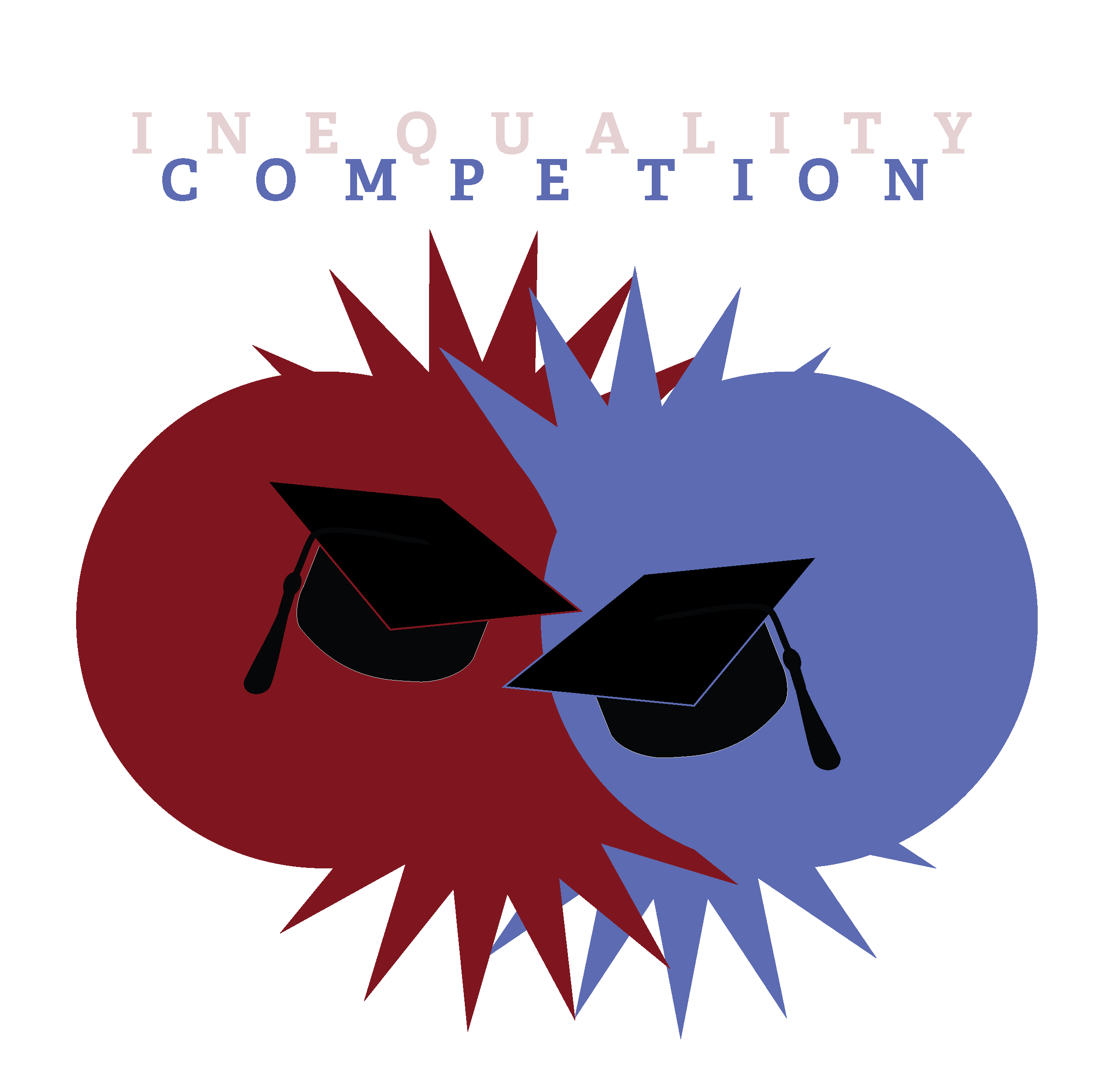I recently read an article by Will Davies that brought up an interesting question:
How did mounting inequality succeed in proving culturally and politically attractive for as long as it did?
Inequality has been a hot topic in the last few years, particularly stemming from the Occupy movement & the subsequent coining of the term (or sociological class) “the 1%”. Since the release of Thomas Piketty’s Capital in the 21st Century, which describes the tendency of disproportionately accumulated wealth to continue accumulating, the debate has only intensified.
Now, inequality has been a long-time component of the human condition, but with one caveat—the potential to change one’s status through hard work and dedication. Public outrage has grown as it seems society is now structured against this very premise. But again, we ask, how did the public support the societal construction of inequality for so long? Well, “rather than speak in terms of generating more inequality, policy-makers have always favoured another term, which effectively comes to the same thing: competitiveness.”
The Rise of Competition
Davies posits that society’s problems have arisen by competition becoming the de facto way of life outside of financial/corporate markets. A society that is constantly striving to distinguish the “best” things ends up creating a wide swath of “losers”.
Competition has always been a way of life, just as humans have been playing games and participating in competitions for thousands of years. However, the playing field has changed as of late:
“It’s as if the top football team has bought not only the best coaches, physios and facilities, but also bought the referee and the journalists as well. The bodies responsible for judging economic competition have lost all authority, which leaves the dream of ‘meritocracy’ or a ‘level playing field’ (crucial ideals within the neoliberal imaginary) in tatters”
Corporate Competition
The divergence from a level playing field began in the late seventies, with government policies providing competitive advantages for companies. The promotion of competition is described as the “neoliberal” ideology, and stems from economists in the 1930s.
“[Competition] was the fundamental reason why markets were politically desirable, because it conserved the uncertainty of the future…hence a neoliberal state would be defined first and foremost as one which used its sovereign powers to defend competitive processes, using anti-trust law and other instruments.”
Government policies have succeeded in creating a climate conducive to business, but the benefits companies enjoy have not been transferred to consumers. This particularly comes in the form of companies failing to provide a living wage for their workers. An example I take particular offense to: the amount of public assistance Wal-Mart employees receive, an estimated $6.2 billion dollars. The shareholders and owners of Wal-Mart enjoy the spoils of one of the most profitable companies in the world, while taxpayers carry the burden of providing Wal-Mart employees with basic standards of living. It should stand as obvious that the distribution of corporate profits & salaries is far from equal—which isn’t a huge issue until it translates into an unequal playing field for the next generations.
Educational Competition
Competition becomes ugly once “equality of opportunity” ceases to exist. The primary issue of concern here is education, which is in my opinion the foundation upon which America’s problems rest. We are obsessed with the idea of the “American Dream”—that hard work and dedication can allow anyone, yes anyone¸ to be a success and live a pleasant life. Countless factors have contributed to the extinction of this dream, but the problem has become quite clear as college has become the de facto outcome for any young person hoping to be successful (i.e., a “winner).
Competition for college entrance has intensified, and in this playing field advantages do not simply come from raw brain power, but arise from years of education and training (think private school, tutors, SAT prep) contingent upon money. As public schools are funded by property taxes, low-income areas typically have poorly funded schools, which translate to students highly unlikely to reach college, let alone the best colleges.
As such, the players without significant external resources have ended up losing the game. Entrance into the best colleges is no longer something most can achieve on merit alone, and policies aimed at correcting the inequalities of college admission have fallen short. (A notable exception to this would be the University of Texas programs targeting students accepted automatically by class rank, yet lacking important academic skills due to their poorly funded public high schools. Read this.)
How do we level the playing field?
Educational opportunity will never be perfectly equal, as there will continue to be varying levels of income and the advantages or disadvantages that brings. However, it is entirely possible to provide nurturing and education of a high caliber to all students, so that bright minds from any tax bracket may thrive. Countries such as Finland and South Korea are examples of universally excellent education. College should not be the end-all-be-all for everyone, as some are simply more suited to mechanical trades or manual labor. Society would cease to function without blue-collar workers, and the basic standard of living they experience should reflect that.
Where does the perfect level of competition vs equality lie?
Looking at a production possibilities frontier, which outlines all potential levels of competition vs. equality, we can see the most efficient outcome lies somewhere between our current state and a more equitable society.
We can also measure our level of inequality through metrics such as the Gini Index.
Davies highlights some questions that stem from the very value we place on humans. To eliminate our society’s competitive nature seems virtually impossible, yet mounting anger and frustration with the current state of affairs will almost certainly lead to major societal changes. While I am personally under the belief that a certain degree of competition adds value to society, Davies certainly creates food for thought and reminds us to find value in people and things regardless of if they are the “best”.
“I suggest that we need to understand how competition, competitiveness and, ultimately, inequality are rendered justifiable and acceptable – otherwise their sustained presence in public and private life appears simply inexplicable…For several years, we have operated with a cultural and moral worldview which finds value only in ‘winners’. Our cities must be ‘world-leading’ to matter. Universities must be ‘excellent’, or else they dwindle. This is a philosophy which condemns the majority of spaces, people and organizations to the status of ‘losers’. It also seems entirely unable to live up to its own meritocratic ideal any longer. The discovery that, if you cut a ‘winner’ enough slack, eventually they’ll try to close down the game once and for all, should throw our obsession with competitiveness into question. And then we can consider how else to find value in things, other than their being ‘better’ than something else.”
The Gist:
Our society began structuring competition as a positive framework to derive the best outcomes. The government spent years creating policies to enhance competition and corporate success (free markets!), but they haven’t transmitted to equitable standards of living for employees. This issue was highlighted as education simultaneously became dependent on income, thus limiting upward mobility. At this point, the competitive structure of society ceased to be upon any semblance of a level playing field.
































Money represents a social agreement, which has implications for how we value wealthy people. Bitcoin replaces the need for this social agreement with technology, and in doing so challenges the values we ascribe to wealth.